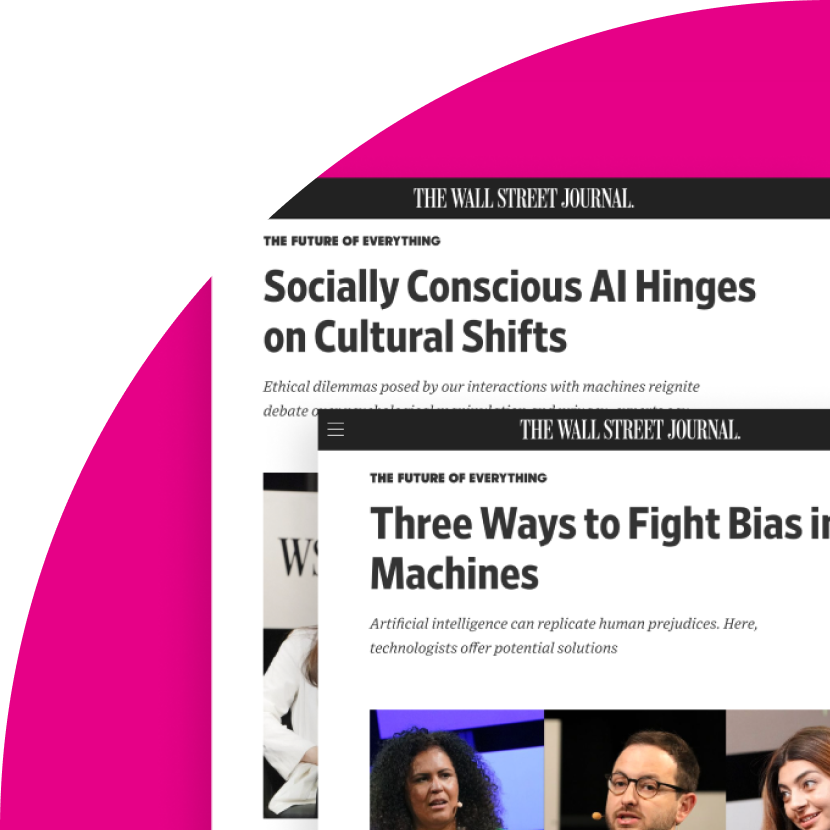Artificial Intelligence
The autonomous future is now. Stay ahead in today’s AI marketplace with cutting-edge B2B marketing and PR services that match your innovation.









Transform the way your audience lives and works with an AI B2B marketing agency
For AI-driven technology brands, the race is on to forge connections with key audiences and stake a claim in an ever-growing market. Whether you’re an emerging AI brand or a legacy tech company leveraging AI as a differentiator, marketing artificial intelligence comes with unique challenges — especially to audiences skeptical of its real-world applications.
To elevate your brand’s reputation, engage key audiences and establish your company as an industry leader, you need an AI B2B marketing agency that delivers results. At Walker Sands, our experts excel in marketing for AI companies across various categories, from machine learning and generative AI to virtual reality and robotics. We provide tailored services aligned with your business objectives, ensuring outcomes that matter most to your C-Suite.
Position your brand as a market leader with AI B2B marketing services
Strengthen your brand’s reputation and engage key stakeholders with AI-focused marketing and PR strategies that highlight innovation and drive business success.

Boost your brand’s reputation with expert PR
Educate and engage key audiences on AI’s benefits and implications by leveraging the latest research for data-driven PR campaigns or speaking at the industry’s top conferences.
Craft and deliver compelling AI narratives
Share your AI brand’s unique story through a strategic mix of written and visual content, from compelling creative campaigns and social media sprints to standout editorial pieces.
Drive demand for your AI brand
Target the audiences that matter most with paid media and SEO strategies designed to highlight your key messages and differentiators, boosting leads and conversions.
Explore our work in the AI space

“The recent media coverage has been great. He [CEO] is already seeing that companies who work with our competitors are now coming to us. The PR blitz has been fantastic, we’re a force to be reckoned with.”
Gabi Zijderveld
CMO, Smart Eye
Insights to fuel your AI marketing efforts
-
Three Tips for AI Companies to Break Through the Noise
-
AI Marketing Advice for Tech Brands
-
Artificial Intelligence Trends: A Primer for B2B Marketers
Explore more outcomes and solutions from Walker Sands
Ready to get started? Get in touch with Annie.

Executive Vice President + Managing Director, Seattle


